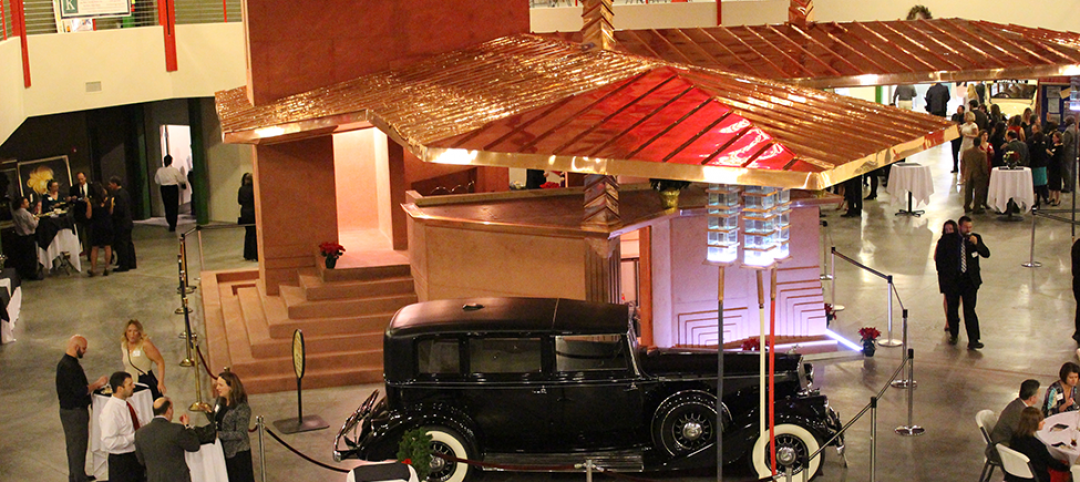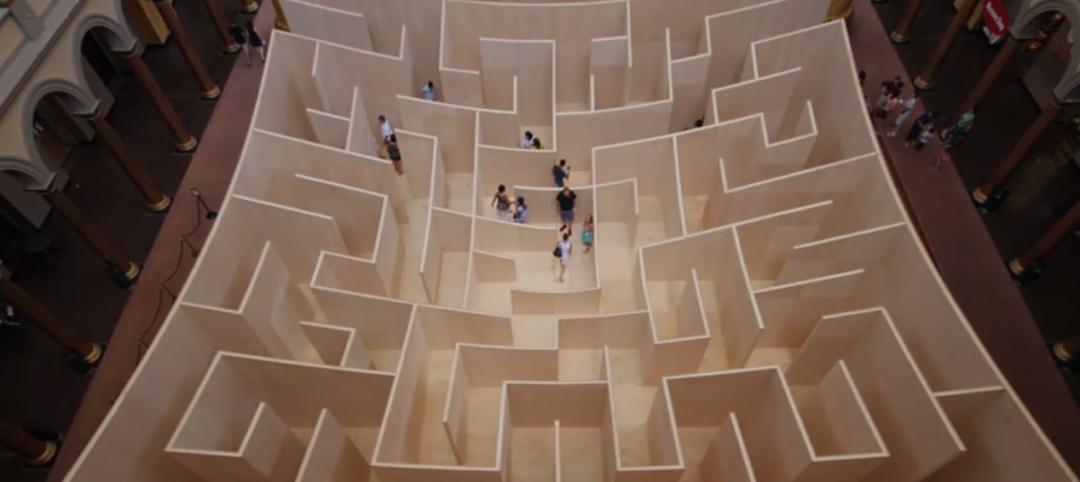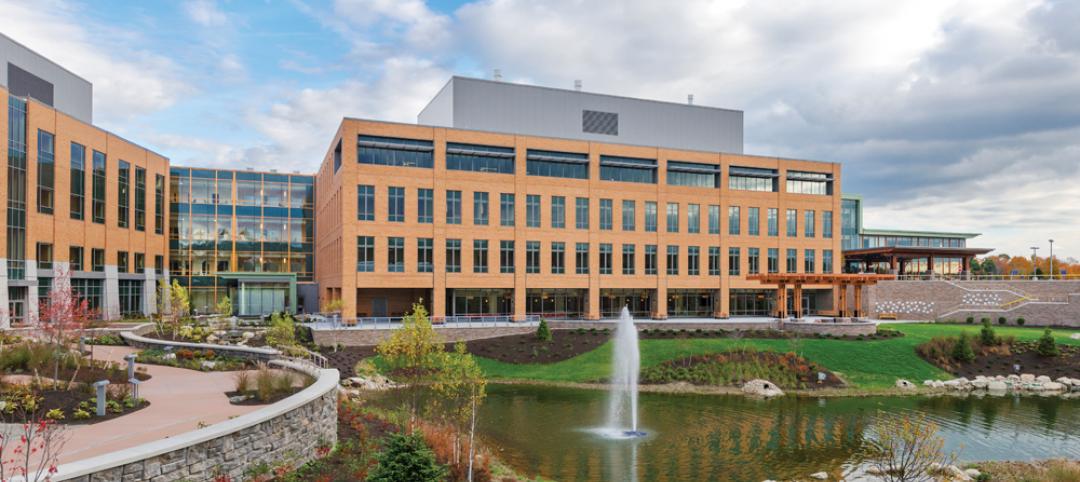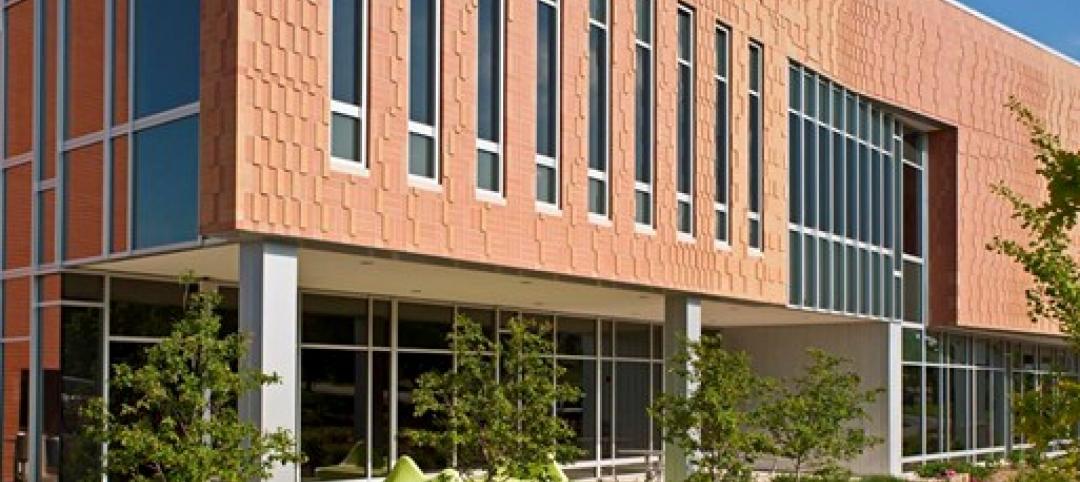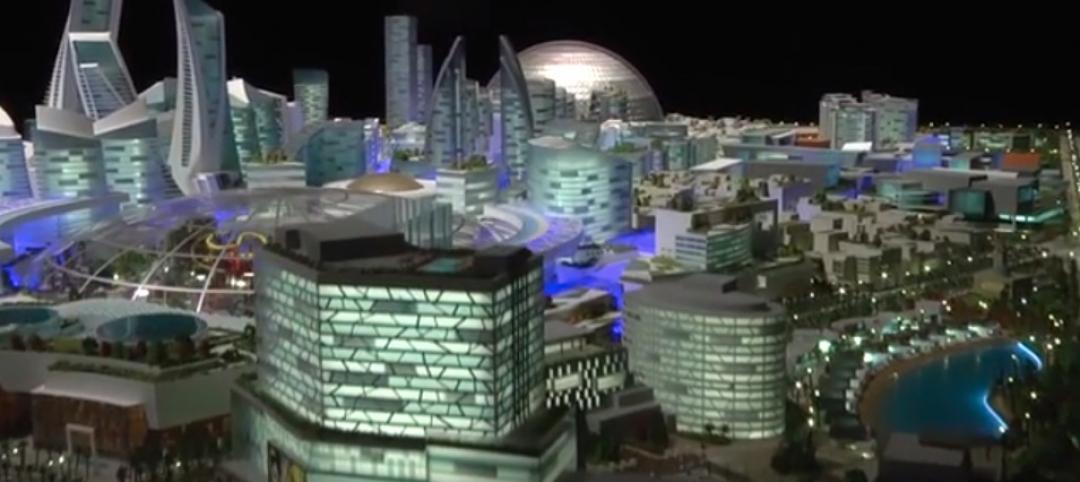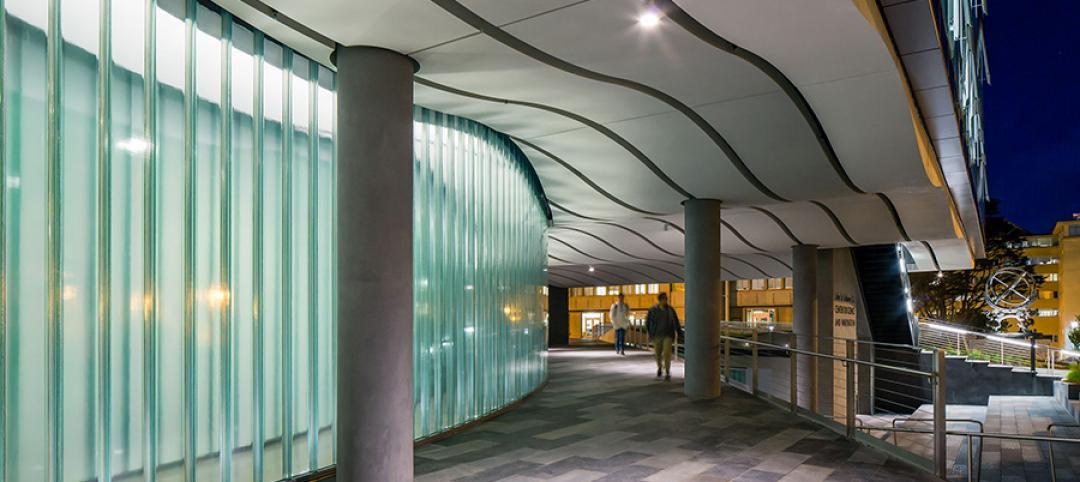AECOM and Van Alen Institute, with 100 Resilient Cities – Pioneered by The Rockefeller Foundation, recently announced four finalists for Urban SOS® 2017: hOUR City, a global student ideas competition that challenged multidisciplinary teams to connect more people in regions around the world to the opportunities found in contemporary cities.
An “hour city” radius — the distance people can travel in one hour — has historically defined the boundary of a city. However, with the forces of globalization and dramatic geographic, social and economic shifts affecting cities everywhere, the time has come to imagine new ways to connect people in suburban, rural and isolated urban communities.
The four finalist proposals and teams are:
Alternative Ways of Transportation, Bangkok, Thailand
Submitted by Wilaiwan Prathumwong, Perada Plitponkarnpim and Patcharida Sricome, all from King Mongkut's University of Technology Thonburi, the team developed a new, formalized multimodal pathway along one of Bangkok's many underutilized canals, connecting isolated residential communities to public transit.
The Healthy City, Oakland, California
Submitted by Vincent Clement Agoe, Derek Lazo, Serena Lousich, Mark Wessels and Sarah Skenazy, all from the University of California, Berkeley, the team connects communities suffering from high rates of chronic diseases (e.g., asthma, diabetes, etc.) to the physical spaces and resources of healthcare providers, using traffic calming, recreational opportunities and new transit options.
The Holding Project, Belfast, Northern Ireland
Submitted by Sean Cullen and Chris Millar from Queen’s University Belfast, the team proposes a joint-housing and economic development plan in central Belfast, tailored to young renters aged 18-35. On publicly-owned vacant sites, the team envisions new pre-fabricated micro-units that would save construction time and costs; tenants would set aside 20 percent of their monthly rent as savings.
New Suburban Living, Melbourne, Australia
Submitted by Lisa Ann Garner from Universität Der Künste and Lauren Garner from RMIT University, the team developed designs and a planning process for new types of housing in Melbourne's Middle Suburbs to address the region's housing shortage and better meet the needs of residents.
Launched in May, hOUR City invited students to tackle urgent transportation, housing or economic development challenges facing cities around the world and to create outcomes that promote equal access to opportunity. 86 teams entered, comprising nearly 300 students from 31 countries around the world and representing 114 unique academic disciplines.
"In our competitions, research and public programs, Van Alen develops solutions to create more equitable cities and communities," said Van Alen Institute Executive Director David van der Leer. "We're proud to guide tomorrow'sleaders to tackle urgent questions about suburban density, creating more affordable housing and connecting underserved communities to transit and jobs."
“We are excited to see the progress of the four finalists in the coming months,” said Michael Berkowitz, president of 100 Resilient Cities. “The work of building urban resilience often requires regional thinking — and the solutions and approaches these teams will uncover have the potential to create significant impact.”
The four finalist teams will now work with experts at AECOM, Van Alen and 100 Resilient Cities to further develop their proposals, and will present their ideas in Los Angeles before a final jury and live audience on January 23, 2018.
The 2017 challenge is the eighth in the Urban SOS® student ideas competition series founded by AECOM, a premier, fully integrated global infrastructure firm, and the third challenge hosted in collaboration with Van Alen Institute, a design nonprofit with a 120-plus-year history of organizing competitions and with 100 Resilient Cities – Pioneered by The Rockefeller Foundation.
Last year’s Urban SOS competition, Fair Share, challenged teams to combine design with the tools and technologies of the sharing economy to create more equitable access to resources, envision more sustainable built environments and enrich the lives of urban residents. The winning team, comprising students at Washington University in St. Louis, proposed reusing United States Postal Service (USPS) post offices in Los Angeles slated for closure and excess capacity within the USPS distribution network to collect, store and deliver surplus food to neighborhoods with limited food access. Team members include Irum Javed, Anu Samarajiva and Lanxi Zhang, students in public health, architecture/urban design and landscape architecture/urban design. The team is currently developing a pilot initiative to be implemented in Los Angeles later this year.
For more information about the finalists, including descriptions and images of the finalist proposals, click here.
Related Stories
| Jul 8, 2014
Frank Lloyd Wright's posthumous gas station opens in Buffalo
Eighty-seven years after Frank Lloyd Wright designed an ornamental gas station for the city of Buffalo, the structure has been built and opened to the public—inside an auto museum.
| Jul 8, 2014
Lost in the Museum: Bjarke Ingels' maze will make you look up and around
The maze, located in the National Building Museum, is a precursor to an exhibit showcasing some of BIG's projects. To navigate the maze, people must look up.
| Jul 7, 2014
5 factors that can affect thermal stress break risk of insulated glass units
The glass type, glass coating, shading patterns, vents, and framing system can impact an IGU’s risk for a thermal break.
| Jul 7, 2014
Team unity pays off for a new hospital in Maine [2014 Building Team Awards]
Extensive use of local contractors, vendors, and laborers brings a Maine hospital project in months ahead of schedule.
| Jul 7, 2014
7 emerging design trends in brick buildings
From wild architectural shapes to unique color blends and pattern arrangements, these projects demonstrate the design possibilities of brick.
| Jul 7, 2014
A climate-controlled city is Dubai's newest colossal project
To add to Dubai's already impressive portfolio of world's tallest tower and world's largest natural flower garden, Dubai Holding has plans to build the world's largest climate-controlled city.
Sponsored | | Jul 7, 2014
Channel glass illuminates science at the University of San Francisco
The University of San Francisco’s new John Lo Schiavo Center for Science and Innovation brings science to the forefront of academic life. Its glossy, three-story exterior invites students into the facility, and then flows sleekly down into the hillside where below-grade laboratories and classrooms make efficient use of space on the landlocked campus.
| Jul 7, 2014
How to keep an employee from jumping ship
The secret to keeping your best employees productive and happy isn’t throwing money at them, as studies have continuously shown that money isn’t the top factor in employee happiness. Here are four strategies from leadership coach Kristi Hedges. SPONSORED CONTENT
| Jul 7, 2014
Nothing fixes a bad manager
Companies seem to try everything imaginable to fix their workplaces, says Gallup Chairman and CEO Jim Clifton in a recent blog post, except the only thing that matters: naming the right person manager. SPONSORED CONTENT
| Jul 3, 2014
Gehry edits Canadian skyscraper plan to be 'more Toronto'
After being criticized for the original tower complex, architect Frank Gehry unveils a new design that is more subtle, and "more Toronto."



